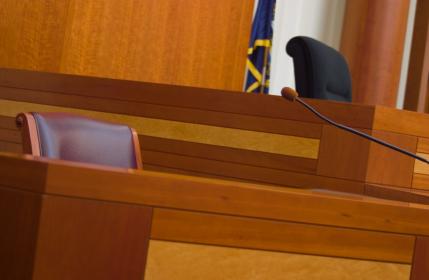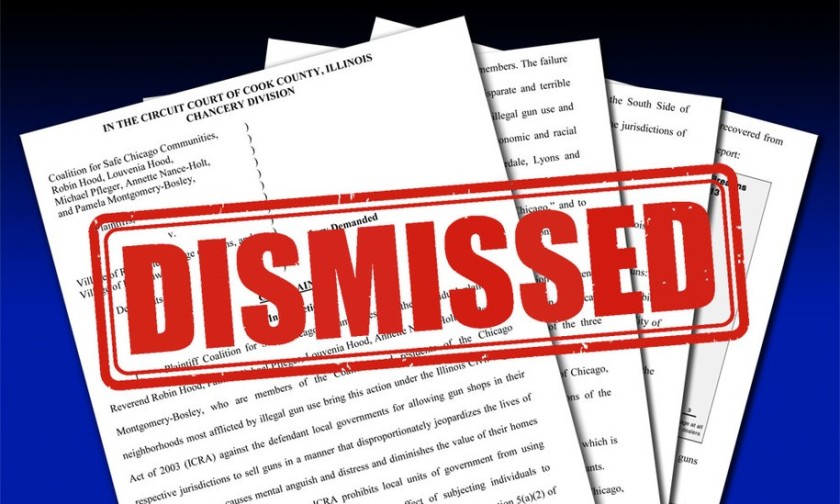
PASADENA, June 28 — The Ninth Circuit U.S. Court of Appeals affirmed summary judgment for Great American Insurance Co., holding that the relevant policy’s “authorized representative” exclusion barred coverage of $100,000 in losses to Southern California Counseling Center arising out of computer fraud by one of the Center’s payroll agencies.
The Southern California Counseling Center (SCCC) sued its insurer Great American Insurance Co. (GAIC) for breach of contract and bad faith, alleging $100,000 in losses after a payroll company withdrew funds from SCCC’s bank accounts and used them instead of paying SCCC’s federal and state payroll tax obligations. SCCC sought a declaratory judgment that Great American had a duty to cover the underlying losses arising out of computer fraud.
On June 17, 2014, U.S.District Judge Audrey B. Collins granted summary judgment for Great American, holding that a policy provision excluding coverage for losses caused by “authorized representatives” applied to the misconduct of SCCC’s payroll services agent Ben Franklin Payroll Service .
The Ninth U.S. Circuit Court of appeals affirmed the District Court’s ruling in favor of the insurer, holding:
the plain meaning of the “authorized representative” language [here] . . . is not ambiguous and covers those who by authorization of the insured are given access to and permitted to handle the insured’s funds. . . This understanding comports with the function of the provision within the policy: to place the onus of vetting the individuals and entities whom the insured engages to stand in its shoes — and thus the risk of loss stemming from their conduct — squarely on the insured. In other words, the term ‘authorized representative’ is ‘a straightforward effort to embrace all statuses that are “authorized,” and thus are the insured’s responsibility to supervise…’”
“SCCC executed multiple agreements with Ben Franklin Payroll Service and/or its principal, Richard Zakarian, to allow the latter party or parties to provide payroll services…In doing so, SCCC gave them direct access to its bank account and permission to file tax documents on its behalf. These agreements used the word ‘authorize’ numerous times; indeed, it is difficult to imagine contracts that could more explicitly ‘authorize’ a ‘representative’ to act on one’s behalf. Under these circumstances, the district court did not err in concluding that the only reasonable construction of the term ‘authorized representative’ encompasses Ben Franklin Payroll Service and/or Zakarian, and, as a result, the exclusion unambiguously applies.”
Southern California Counseling Center v. Great Am. Ins. Co., (9th Cir., 2016)









